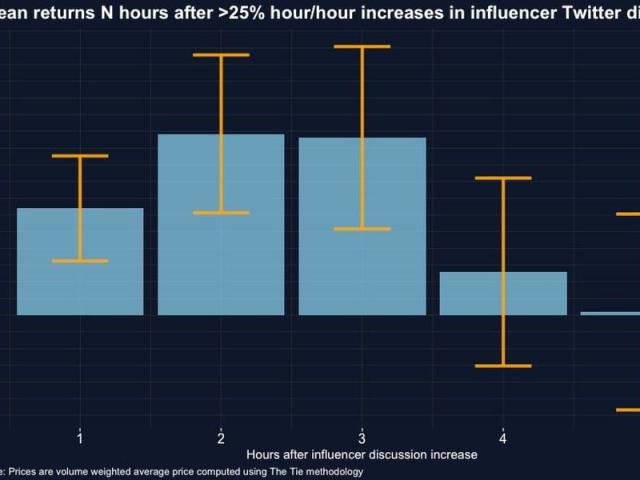Crypto startups are increasingly turning to a new breed of investor known as Key Opinion Leaders (KOLs) to fund their projects and promote them to retail traders on social media platforms like YouTube and X (formerly Twitter). These KOLs flood social media feeds with insights and recommendations about which crypto protocols to watch and invest in, potentially influencing the buying decisions of thousands of users.
Unlike traditional influencers who charged for promoting tokens, KOLs now invest in projects themselves, albeit on favorable terms. They often receive discounted valuations and early access to token sales, allowing them to sell their tokens sooner than other private investors. While this arrangement benefits both the projects and the KOLs, it raises concerns about transparency and potential violations of consumer-protection laws, as many KOLs fail to disclose their financial relationships with the projects they promote.
Projects that engage in KOL fundraising typically assign influencers various social media tasks to fulfill, such as liking and commenting on tweets, writing tweet threads, and creating speculative videos about the project. In exchange, KOLs receive tokens instead of equity in the company, as tokens are easier to sell and more lucrative in the crypto space. However, the fast-paced nature of KOL rounds often leads to tokens being unlocked shortly after launch, allowing KOLs to quickly sell their holdings for profit.
While KOL rounds have become a popular way for projects to fund their marketing efforts, they raise concerns about transparency and potential conflicts of interest. Retail traders may not be fully aware of the financial incentives driving the KOLs’ promotion of certain projects, potentially leading to significant financial losses for unsuspecting followers.
Despite the growing popularity of KOL rounds, not every project engages in this practice, as many teams prioritize credibility and transparency. However, the upper tier of projects floods prospective KOLs with offers, leading to near-incessant pitches and a growing trend of syndicates among smaller influencers to leverage better deals.
In summary, while KOL rounds offer a new way for crypto startups to fund their marketing efforts, they also raise questions about transparency and consumer protection, highlighting the need for clearer disclosure and ethical practices in the industry.
